Track Connector | CLLA3
Lighting (DS)
What does it mean for a product to be LISTED to UL standards?
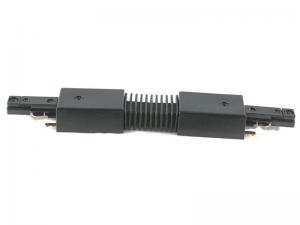 A product that has the listing mark of UL, ETL or CSA means that the entire product and all of its components have been tested as they are used in connection with one another. This means that the entire product meets the applicable UL standard -- not just one or some of the components (like the power supply or electrical cord).
A product that has the listing mark of UL, ETL or CSA means that the entire product and all of its components have been tested as they are used in connection with one another. This means that the entire product meets the applicable UL standard -- not just one or some of the components (like the power supply or electrical cord).
Testing is completely documented in a testing report. The components used are listed in the report and are essentially registered for the applicable product. Assembly factories are subject to unannounced inspections to assure ongoing compliance with the testing reports.
What is the difference between the ETL, CSA and UL Marks?
Each is a separate testing organization, and certification marks –ETL, CSA or UL Listed Mark –- demonstrate compliance to widely accepted product safety standards. All three are recognized as NRTLs in the U.S. and, in a similar capacity, as a testing organization and certifying body in Canada by the Standards Council of Canada. Interestingly, Canada has legislation requiring products being sold to be listed to the UL standards.
Why do some products have the ETL or CSA marks and others have the UL Mark?
All three organizations test to the exact same standard. One of the key decisions in choosing whom to use is that testing through ETL or CSA for potential listing tends to be faster than UL's timeframe. Quite simply, the quicker one can complete testing, the sooner they can bring a recognized and listed product to market.
Why should I really care if a product is listed with UL, ETL or CSA?
Using products that are proven to be safe when used as intended would be important not just for the safety of our own customers, but for the safety of all of those participating in an event. Secondly, comes the concern of liability. If damage occurs from the use of a product that is not listed with UL, ETL or CSA, there is a significantly higher degree of negligence and potential liability.
Add designs and photos to your personal gallery simply by clicking on the +My Gallery links
Then email your "My Gallery" to colleagues, friends, or your favorite exhibit designer. There's no better way to begin designing a display that reflects your exhibit marketing goals.
Note: My Gallery uses a temporary browser cookie to store your gallery. We recommend that you send your gallery to your email address if you need to retain it for longer than 30 days.
- Production lead times are based on business days and DO NOT include any shipping days.
- Production-ready artwork (when applicable) must accompany the order confirmation. Delays in uploading artwork may lead to expedited charges or shipping changes.
- No order will be released to Production without a signed order confirmation.
- Shipping is based on the availability of materials and graphics. Additional charges may apply if materials or graphics must be expedited.
- Shorter lead times may be available based on schedule openings in Customer Service and Production. Rush charges may apply.
- Standard lead times do not apply to orders of multiple quantities.
- Please check for product availability on ALL RENTAL exhibits.
- Dimensional Weight vs. Actual Weight: Dimensional weight is defined as crate or case size. On most air shipments, the dimensional weight exceeds the actual weight
- Portable Cases vs. Wood Crates or Molded Tubs (where applicable): Exhibit designs that require one wood crate would require multiple portable cases. Selecting one vs. the other affects the total weight (dimensional or actual).
- Freight Carrier: LTL carriers (Less than Truckload) quote freight based on space used. UPS, FedEx, and air freight carriers quote freight based on either the dimensional or the actual weight of the shipment.
- Freight Service Level (number of days): Service levels range from Same Day Delivery to Two Week Delivery.
- Inline vs. Island Displays
- Lead Retrieval Devices
- Computer and Monitor Cables
- Demo Equipment
- Overhead Lighting
- Grommets and Grommet Placement in Counters
- Overhead vs. Floor Power Supply
- Flooring and Electrical Wiring
- Options for Hiding Cords and Cables
- Flat vs. Round Electrical Cords
- Multi-Plug Outlets and Extension Cords


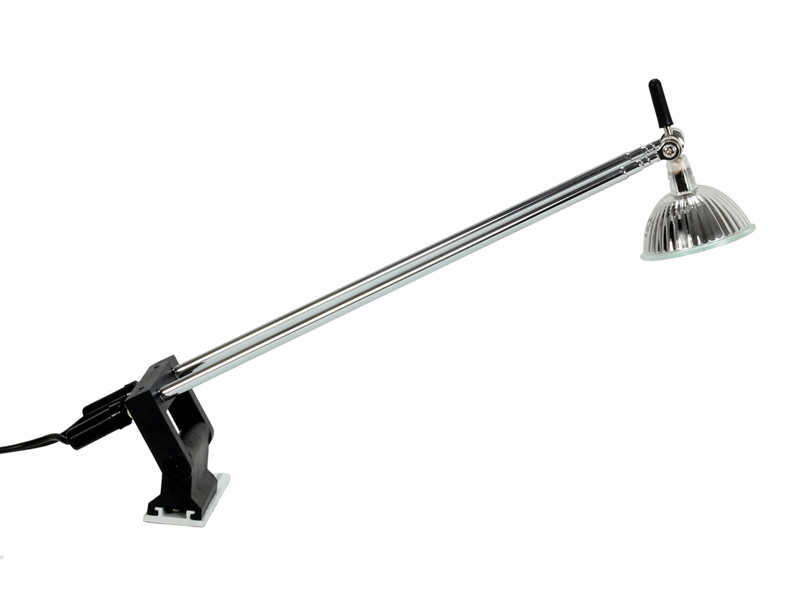 The type(s) of lamp that you select depends on the effect that you want to deliver. Color temperature, or chromaticity, influences the mood of the space you are lighting. It is measured by “Kelvin Range” or “Temperature” and is sometimes called Color Rendering Index (“CRI”).
The type(s) of lamp that you select depends on the effect that you want to deliver. Color temperature, or chromaticity, influences the mood of the space you are lighting. It is measured by “Kelvin Range” or “Temperature” and is sometimes called Color Rendering Index (“CRI”). 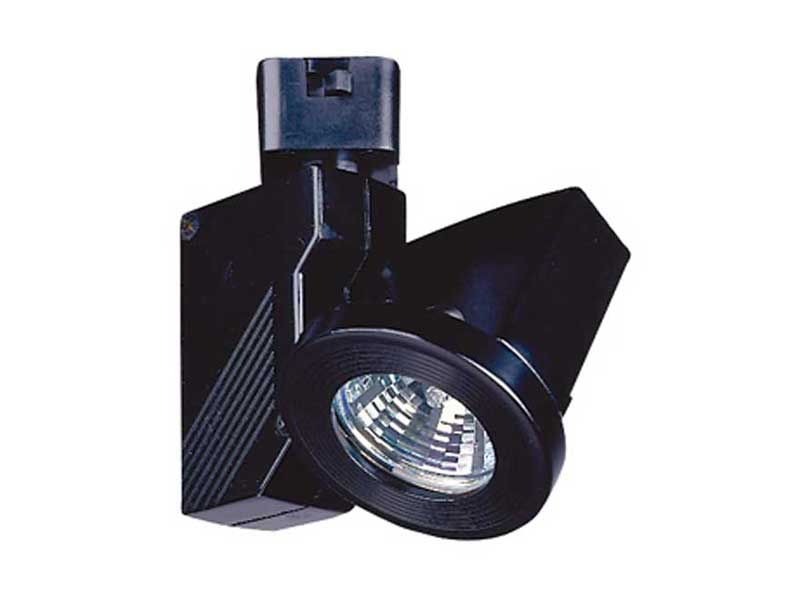 The following are general accepted guidelines:
The following are general accepted guidelines: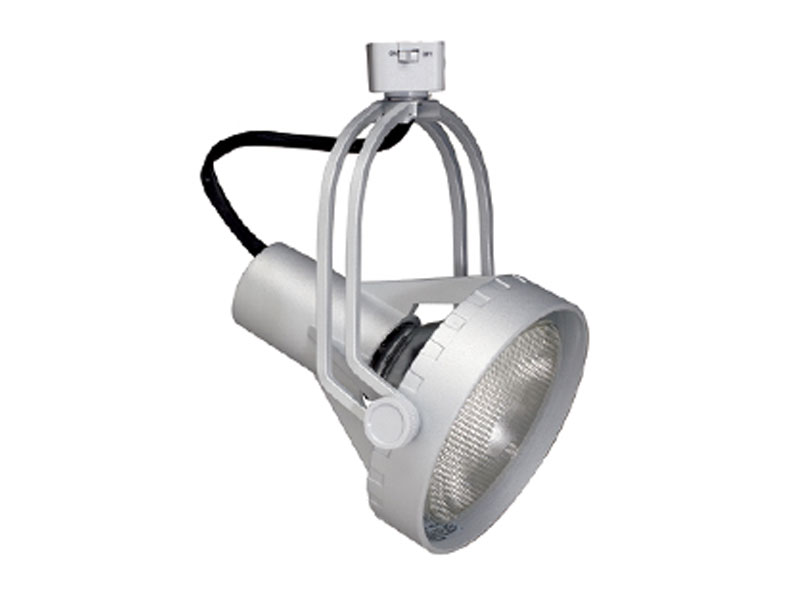 It is an extremely versatile lighting system.
It is an extremely versatile lighting system. 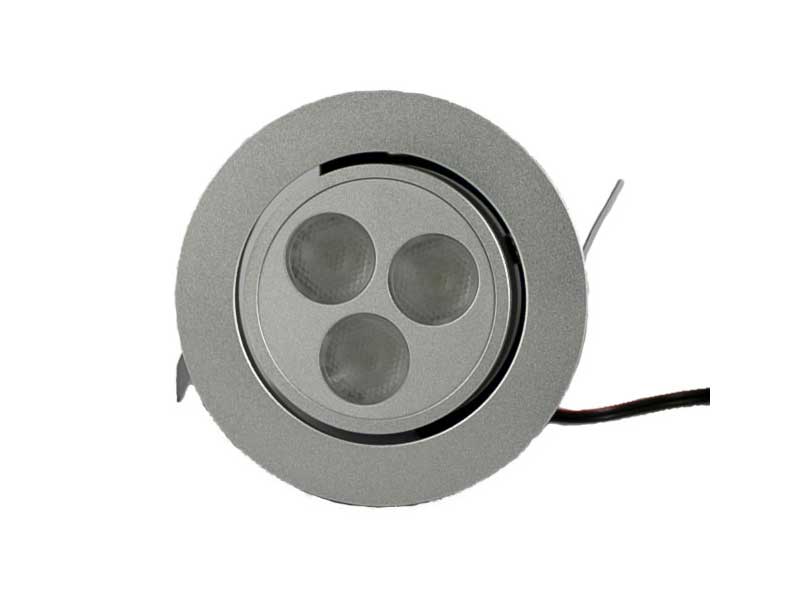
 LED light bulbs use less energy and throw off less heat than their incandescent counterparts.
LED light bulbs use less energy and throw off less heat than their incandescent counterparts.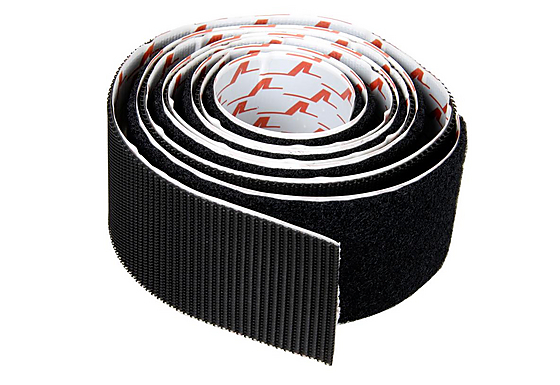 The answer is quality!
The answer is quality!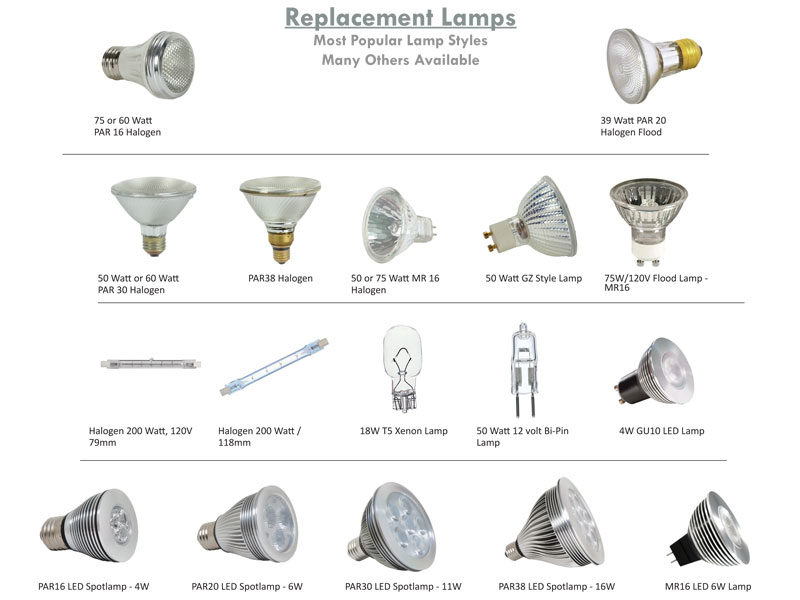 Using products that are either UL or ETL listed eliminates most every question. These symbols mean that the manufacturers produce products according to widely accepted UL safety standards.
Using products that are either UL or ETL listed eliminates most every question. These symbols mean that the manufacturers produce products according to widely accepted UL safety standards.